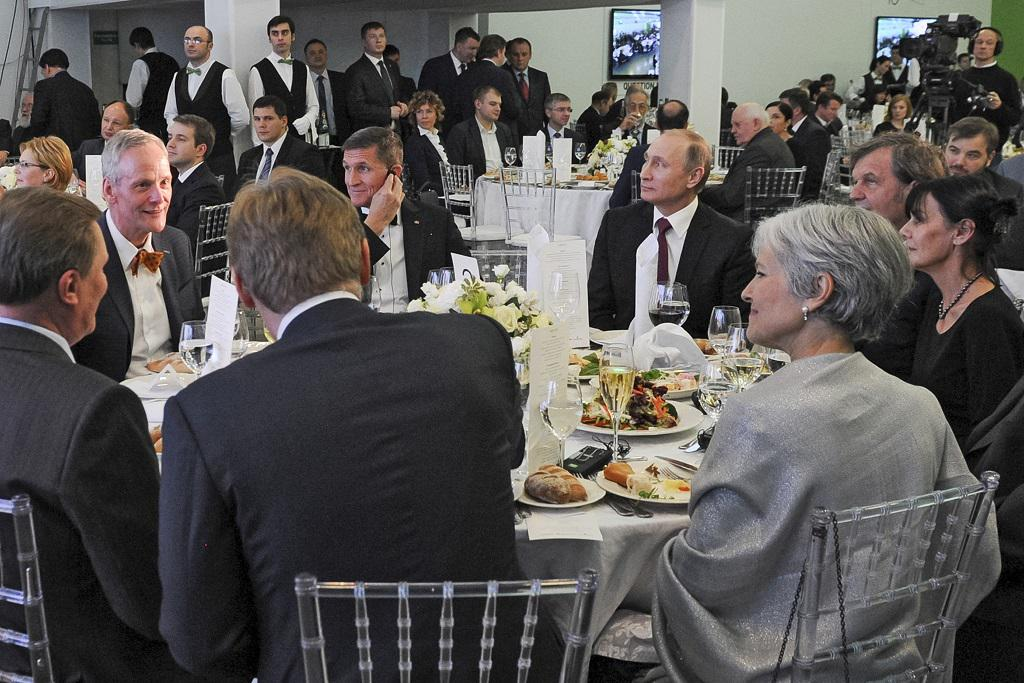
A Controversial Connection
Jill Stein, the Green Party candidate in the 2016 U.S. presidential election, has faced scrutiny for her perceived connections to Russian interests. Several reports, including from Politico, Newsweek, and the Democratic National Committee, reveal that Russian state-backed efforts gave her campaign an unexpected push. While Stein’s platform focused on progressive ideals and environmental concerns, evidence suggests that her candidacy was indirectly bolstered by Russian interference aimed at disrupting the election.
What did Russia gain from supporting Stein? And was she aware of this aid? Let’s break it down.
How Russian Ads Supported Stein’s Campaign
Russian state actors, particularly the infamous Internet Research Agency (IRA), launched a wide-reaching disinformation campaign on social media platforms like Facebook. These campaigns targeted divisive political issues across the spectrum, and Stein’s campaign benefited from this strategy. According to a report from Politico, Russian-funded ads promoted Stein in the later stages of the 2016 election. One of these ads read, “Choose peace and vote for Jill Stein. Trust me. It’s not a wasted vote.” This message, encouraging voters to support Stein, aimed to siphon votes away from Hillary Clinton, helping Donald Trump’s chances.
(POLITICO).
The IRA’s efforts were not only limited to pro-Trump content. They promoted Bernie Sanders, another candidate whose platform was appealing to disaffected progressive voters. Stein, however, received a specific boost after Sanders’ campaign had already ended, indicating that Russian actors saw her as a potential spoiler for Clinton.
(POLITICO)
Stein’s Moscow Dinner: A PR Problem



Stein’s connection to Russia became even more visible when she attended a 2015 dinner hosted by the Russian news outlet RT. At this event, she shared a table with Russian President Vladimir Putin and Michael Flynn, who later became Trump’s national security adviser. Photos of the event raised questions about her proximity to Russian leadership. Though Stein has denied any collusion, her presence at the event has remained a significant point of criticism.
This dinner fueled suspicions that Stein’s candidacy was viewed favorably by the Kremlin. Critics argue that Stein’s participation in such events—combined with her platform’s alignment with certain Russian geopolitical narratives—painted her as a useful tool for Russia’s interests in destabilizing American politics.
Divisive Messaging: Stein’s Role in 2016
Why would Russia want to help a candidate polling far behind Trump and Clinton? The answer lies in strategy. Russian state actors were not necessarily trying to make Stein win; they were trying to weaken Clinton. As the Newsweek article highlighted, Russian social media efforts included targeting African-American voters, encouraging them to vote for Stein as a protest against the establishment.
(POLITICO). By dividing progressive voters who may have otherwise supported Clinton, Russia aimed to reduce her vote count in key swing states.
Stein’s campaign denied any knowledge of these efforts, maintaining that she ran an independent and issue-focused race. Nonetheless, the investigations into Russian meddling have shown that her campaign was indirectly supported by these disinformation efforts.
A Russia-Friendly Platform?
Jill Stein’s platform, while progressive, also overlapped with Russian geopolitical interests. For example, Stein has been an outspoken critic of U.S. foreign policy, particularly its involvement in NATO and interventions in Syria and Ukraine. These positions align closely with Russian state narratives, making her an attractive candidate for Russian backing.



(POLITICO)
According to a memo from the organization Third Way, Stein’s rhetoric on these issues contributed to her being viewed as a “Putin puppet” by some critics.
(POLITICO). Her call for the U.S. to reduce its military presence and ease tensions with Russia fit into a broader Kremlin agenda of undermining NATO and U.S. influence abroad.
Final Thoughts: Was Stein a Pawn or Just a Candidate?
While there is no evidence that Jill Stein actively sought Russian support, the fact remains that her campaign was a beneficiary of Kremlin-backed efforts. Whether or not she was aware of this support, it played a role in weakening Hillary Clinton’s chances during a critical election. Russian interests saw her candidacy as a useful tool for disrupting the U.S. political landscape.
As investigations continue into Russia’s meddling in the 2016 election, Stein’s campaign will remain a focal point for those looking to understand the breadth of foreign interference in U.S. democracy.
Jill Stein, the Green Party candidate in the 2016 U.S. presidential election, has faced scrutiny for her perceived connections to Russian interests. Several reports, including from Politico, Newsweek, and the Democratic National Committee, reveal that Russian state-backed efforts gave her campaign an unexpected push. While Stein’s platform focused on progressive ideals and environmental concerns, evidence suggests that her candidacy was indirectly bolstered by Russian interference aimed at disrupting the election.





